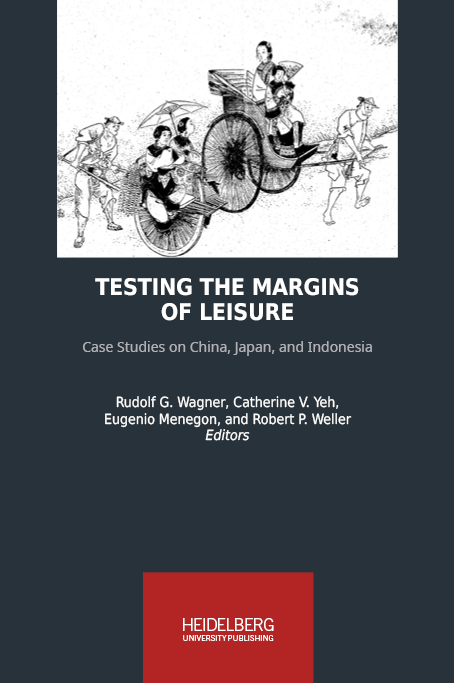Zitationsvorschlag
Lizenz (Kapitel)

Dieses Werk steht unter der Lizenz Creative Commons Namensnennung - Weitergabe unter gleichen Bedingungen 4.0 International.
Identifier (Buch)
Veröffentlicht
National Pastime as Political Reform
Staging Peking Opera’s New Tragic Heroines
Abstract This study addresses interactions between the state and local actors in managing and shaping leisure in the early period of the Republic of China of the 1910s and 20s. It focuses on the Republican state’s efforts to harness leisure to further its agenda of “civilizing” the population and its dependency on local elites to do so. In particular, the study points to the emergence of Peking Opera’s new tragic heroines—performed by the four famous Republican-period female-impersonator or dan actors Mei Lanfang, Cheng Yanqiu, Shang Xiaoyun and Xun Huisheng—as an expression of this “civilizing” cultural policy. It argues that the new operas written by men-of-letters and performed by the top dan actors helped to transform a national pastime by featuring the female character on center stage and, through these new female characters, spread a new set of social values and relationships, with freedom in marriage a frequent theme. The most important contribution in terms of drama’s “civilizing” mission can be observed, I suggest, in the roles played by these women in the nation’s affairs. Seen in the context of Republican politics this new female character took on symbolic meaning. They can be read as standing for society or the people in that, although without political power, they nonetheless represent moral fortitude and embody new social values.
Keywords Chinese state and leisure policy, new operas, tragedy in Peking opera, female impersonators, Mei Lanfang






